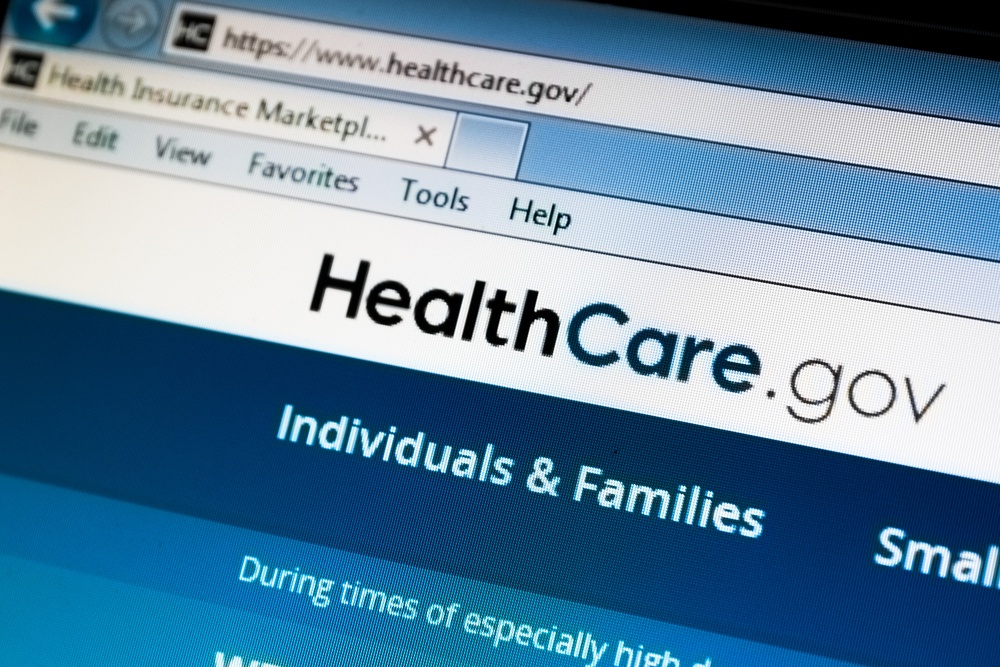Key Takeaways
- AI is making healthcare faster, smarter, and more accurate.
- Doctors use AI tools to spot diseases like cancer earlier.
- AI helps create personalized treatment plans for patients.
- AI can even assist surgeons during operations.
- It’s helping scientists discover new medicines faster.
- AI apps are changing how we manage mental health.
- Not everyone is happy about AI in healthcare, but most see its benefits.
How AI is Transforming Healthcare
Imagine a world where doctors can detect diseases like cancer or diabetes long before symptoms appear. Sounds like science fiction, right? Thanks to Artificial Intelligence (AI), this is now a reality. AI is changing healthcare in ways we never thought possible.
1. AI Helps Doctors Spot Diseases Faster
AI is like a super-smart computer that can analyze huge amounts of data. For example, it can look at X-rays, MRIs, and blood tests to find signs of illness that even experienced doctors might miss.
One way AI does this is by learning from thousands of patient records. Over time, it gets better at recognizing patterns, like suspicious spots on a lung scan or irregular heartbeats. This means doctors can diagnose problems earlier, saving lives.
2. Personalized Treatment Plans
Everyone’s body is different, and what works for one person might not work for another. AI helps doctors createPersonalized Treatment Plans, which are tailored to each patient’s specific needs.
For instance, if someone has cancer, AI can analyze their genes and the genes of the tumor. It then suggests the best medicines or treatments that are most likely to work. This makes care more effective and reduces side effects.
3. AI-Assisted Surgery
Surgeons are highly skilled, but even they can benefit from some help. AI-powered robots, like the da Vinci Surgical System, are now used in operating rooms. These robots have precise movements and can help surgeons perform complex procedures with tiny incisions.
AI also helps surgeons by analyzing real-time data during operations. For example, it can warn them if a patient’s vitals are getting too low or suggest the best way to remove a tumor.
4. Discovering New Medicines
Creating new medicines is a long and expensive process. It can take over a decade and billions of dollars. AI is speeding things up by analyzing vast amounts of data to find potential drugs.
For example, AI can predict which chemicals might work against a disease and which ones are safe. This means scientists can focus on the most promising options, saving time and money.
5. Mental Health Gets a Boost
AI isn’t just for physical health. Apps powered by AI can now help people manage their mental well-being. These apps can track your mood, offer tips for reducing stress, or even connect you with a therapist.
One AI tool even analyzes your voice or text messages to detect signs of depression or anxiety. Early detection means people can get help sooner, leading to better outcomes.
The Future of Healthcare
AI is already making a big impact, but its full potential is still being explored. In the future, we might see even more exciting advancements.
Imagine wearing a smartwatch that uses AI to monitor your health in real-time. It could warn you if your heart rate is irregular or if you’re at risk of a disease. This kind of technology could prevent emergencies before they happen.
Are There Any Downsides?
While AI is bringing many benefits, some people are worried about its use in healthcare. For example, what if AI makes a mistake in diagnosing a disease? Or what if patient data is not kept private?
To address these concerns, researchers are working hard to make AI systems more transparent and secure. They’re also training doctors to use AI tools responsibly, ensuring that humans are always in control.
A New Era for Healthcare
AI is no longer just a futuristic idea—it’s already here and making a difference. From saving lives to improving treatments, AI is proving to be a powerful tool for healthcare.
While there are challenges to overcome, most experts agree that AI will make healthcare better, faster, and more accessible. As technology keeps advancing, we can expect even more exciting innovations in the years to come.
The future of healthcare is here, and it’s smarter than ever.
